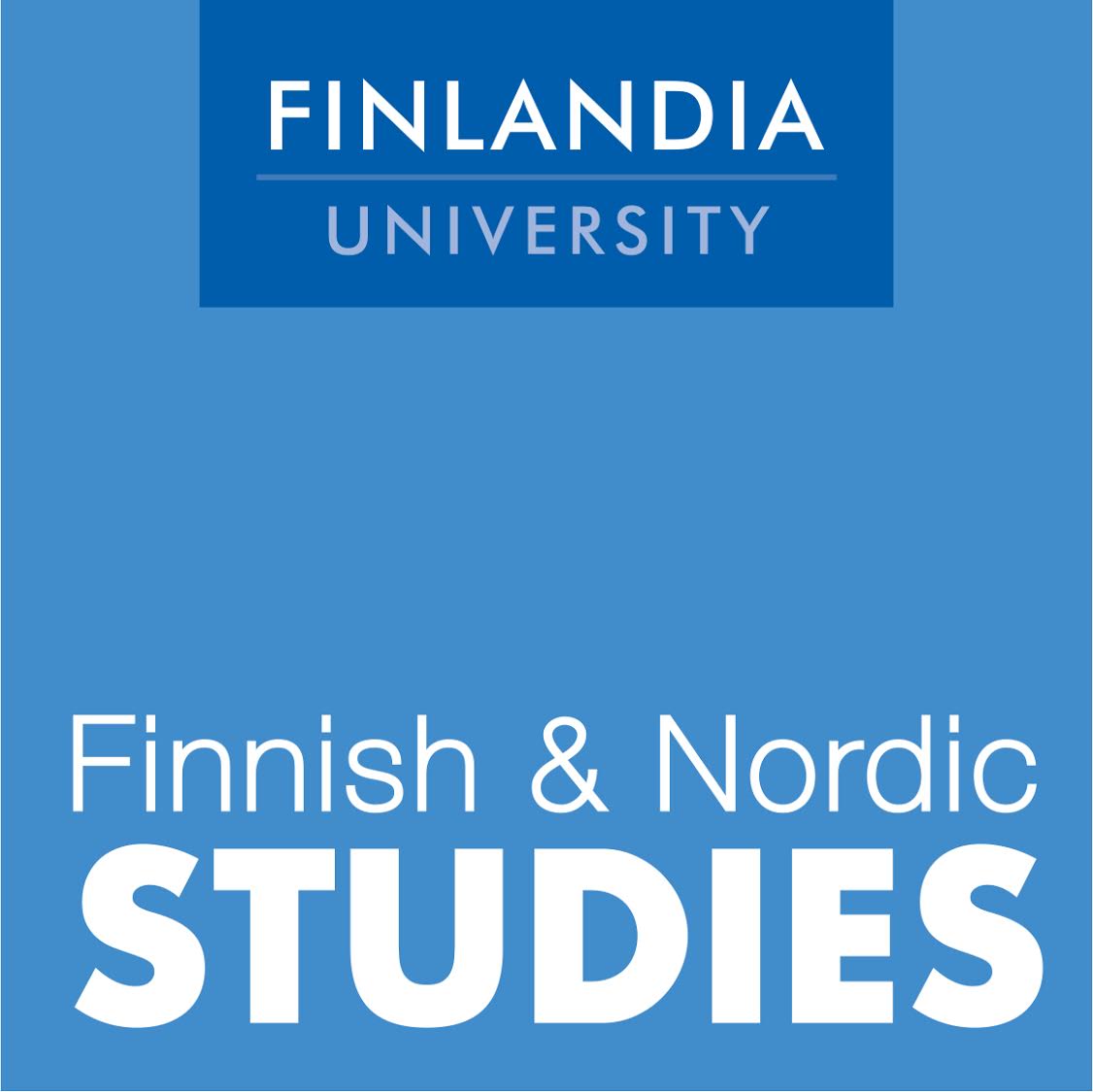
Dr. Hilary Virtanen
Talk on September 14 at 7pm
Finnish American Heritage Center, FU
History is often told through the stories of those considered the winners: those who won the war, those who controlled another group of people, those who are able to speak of their pasts and keep emblems of them without fear of repercussion. During World War I, those who supported the war, won the ability to share their history and those who didn’t become footnotes in history. Through analysis of contemporary news reportage, archival documents, oral history, and more, the voices of Copper Country residents who opposed the war can be heard, even if faintly. In this talk, Hilary-Joy Virtanen will detail the process of researching for the “Copper Country Voices of Dissent in the Great War” exhibit, and reflect upon the implications that personal and archival silences have in our ability to understand a multitude of voices from the past.
Dr. Hilary-Joy Virtanen’s research explores the ways in which people narrate their individual and communal identities and histories through performance, including song, story, and festival behavior. She is a folklorist and anthropologist by training who also engages in historical research using ephemera, archival collections, historic field recordings, and contemporary evidence.
History is often told through the stories of those considered the winners: those who won the war, those who controlled another group of people, those who are able to speak of their pasts and keep emblems of them without fear of repercussion. During World War I, those who supported the war won the ability to share their history and those who didn’t became footnotes in history. Through analysis of contemporary news reportage, archival documents, oral history, and more, the voices of Copper Country residents who opposed the war can be heard, even if faintly. In this talk, Hilary-Joy Virtanen will detail the process of researching for the “Copper Country Voices of Dissent in the Great War” exhibit, and reflect upon the implications that personal and archival silences have in our ability to understand a multitude of voices from the past.



